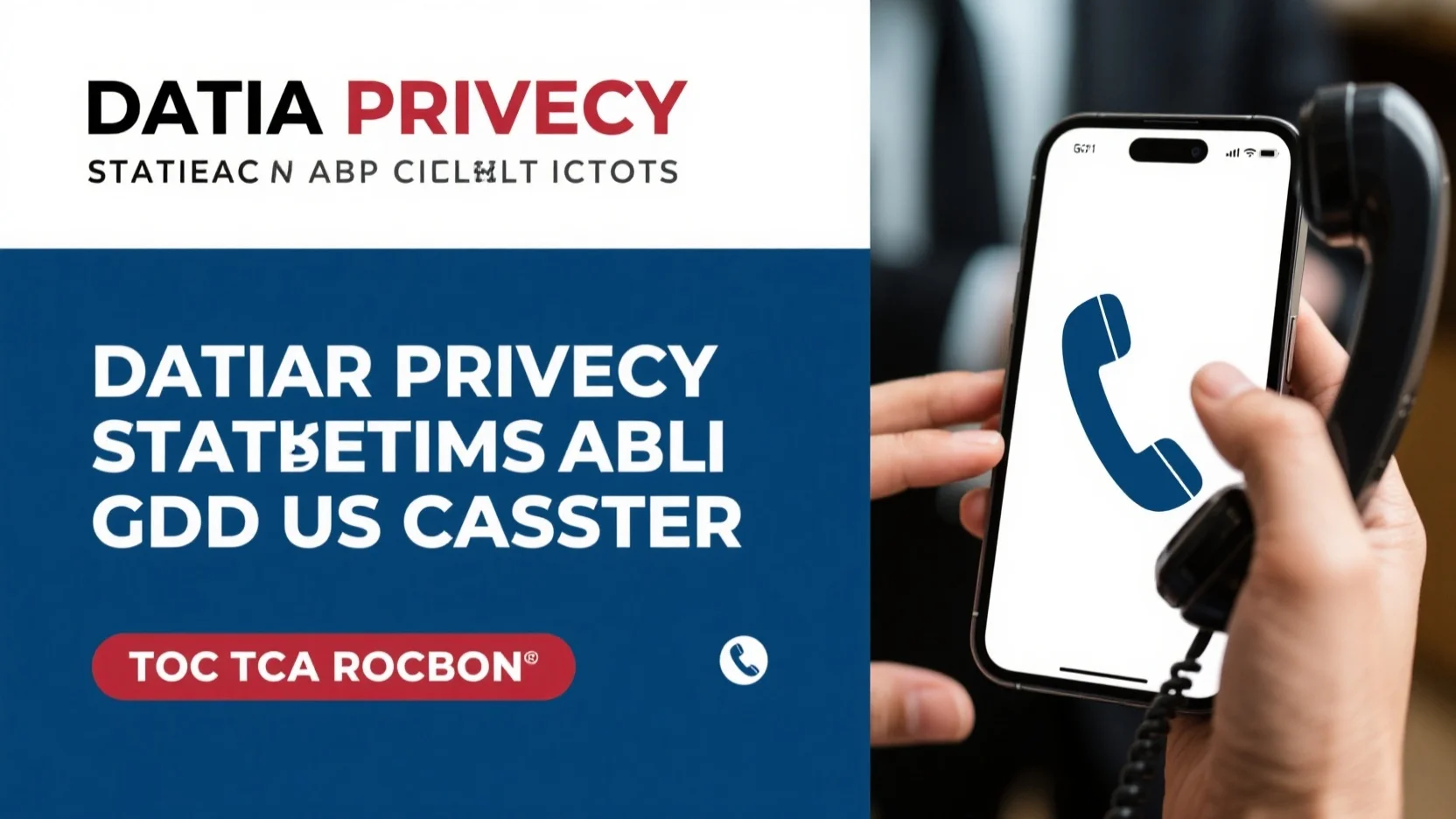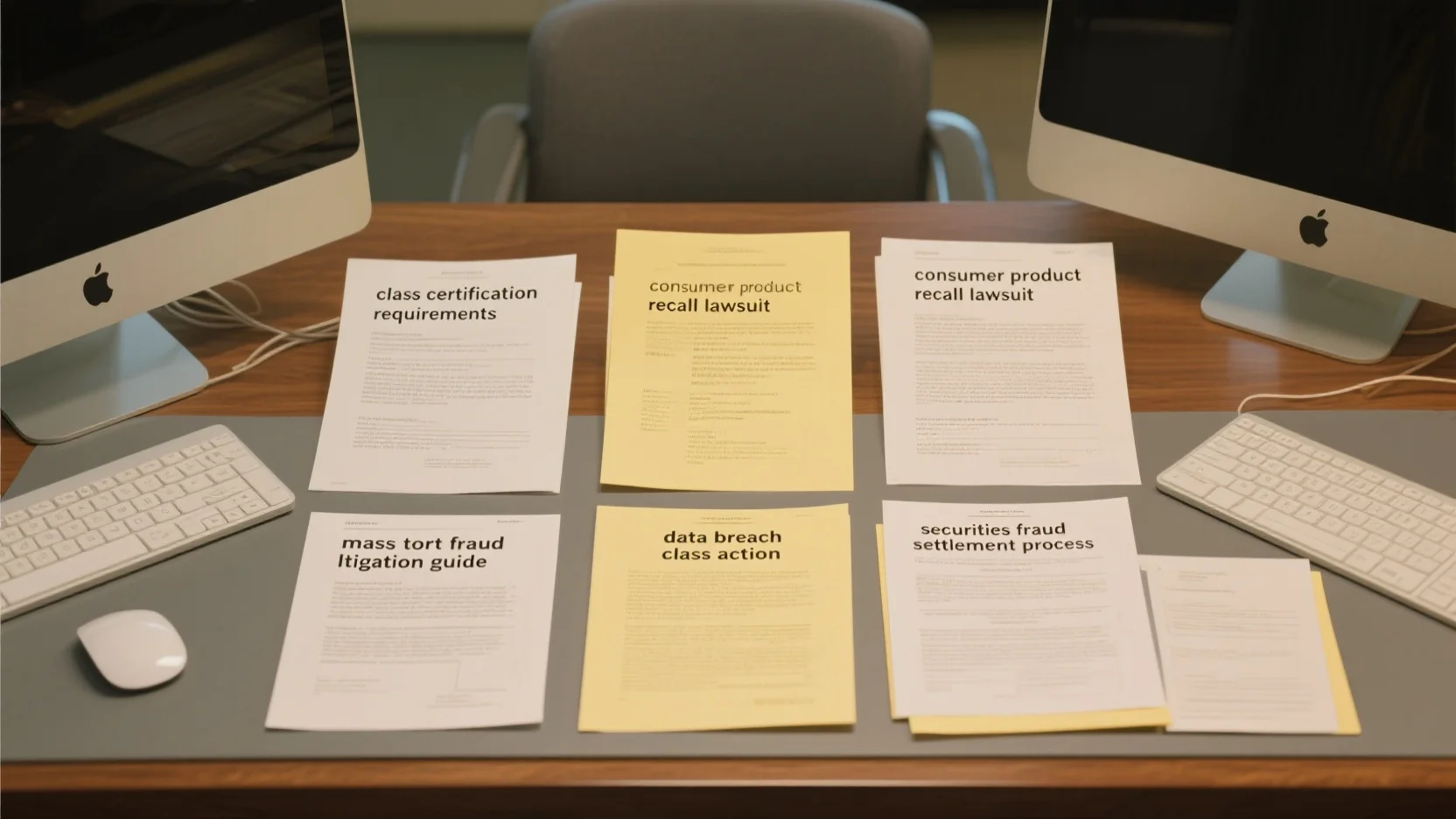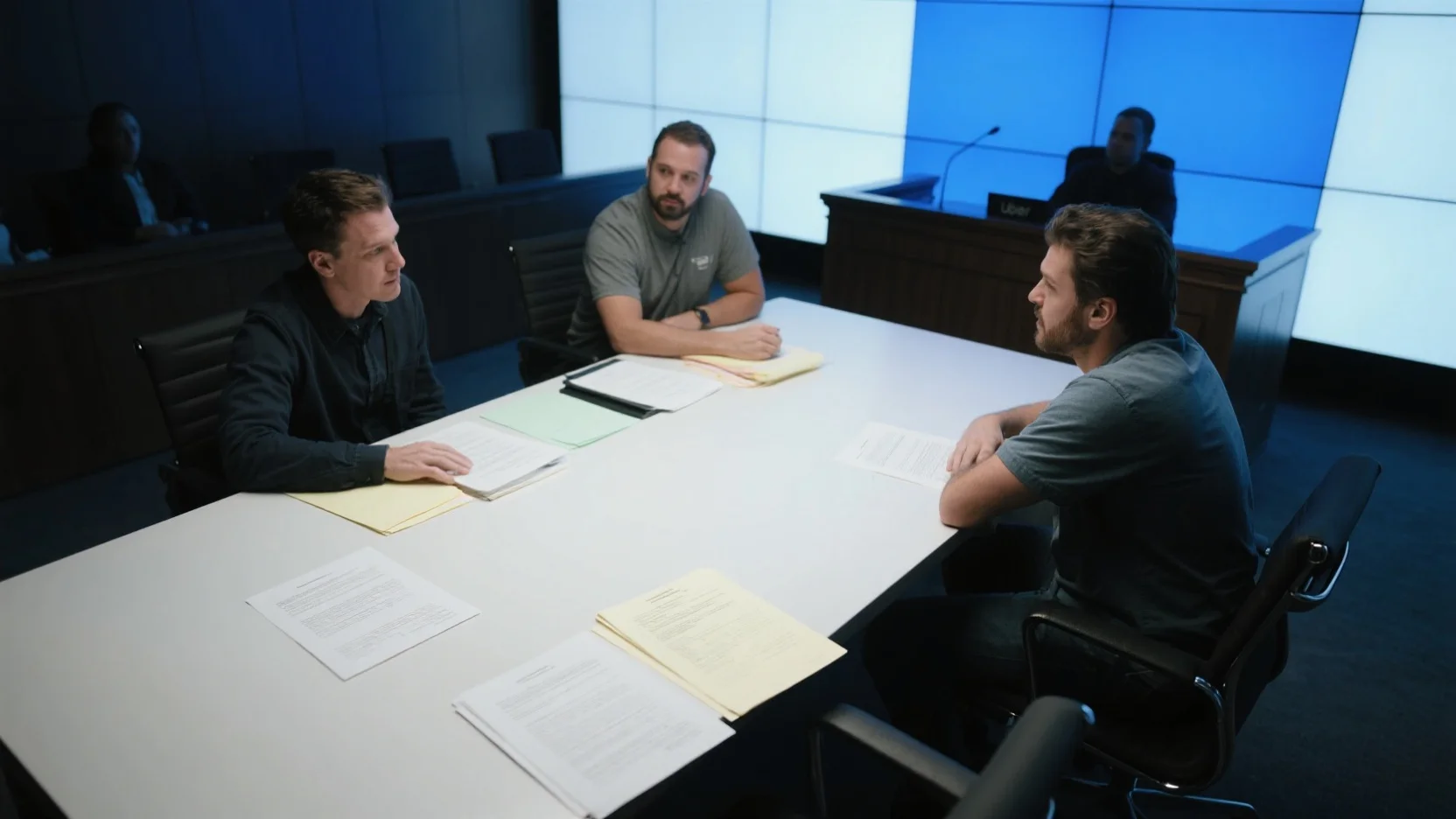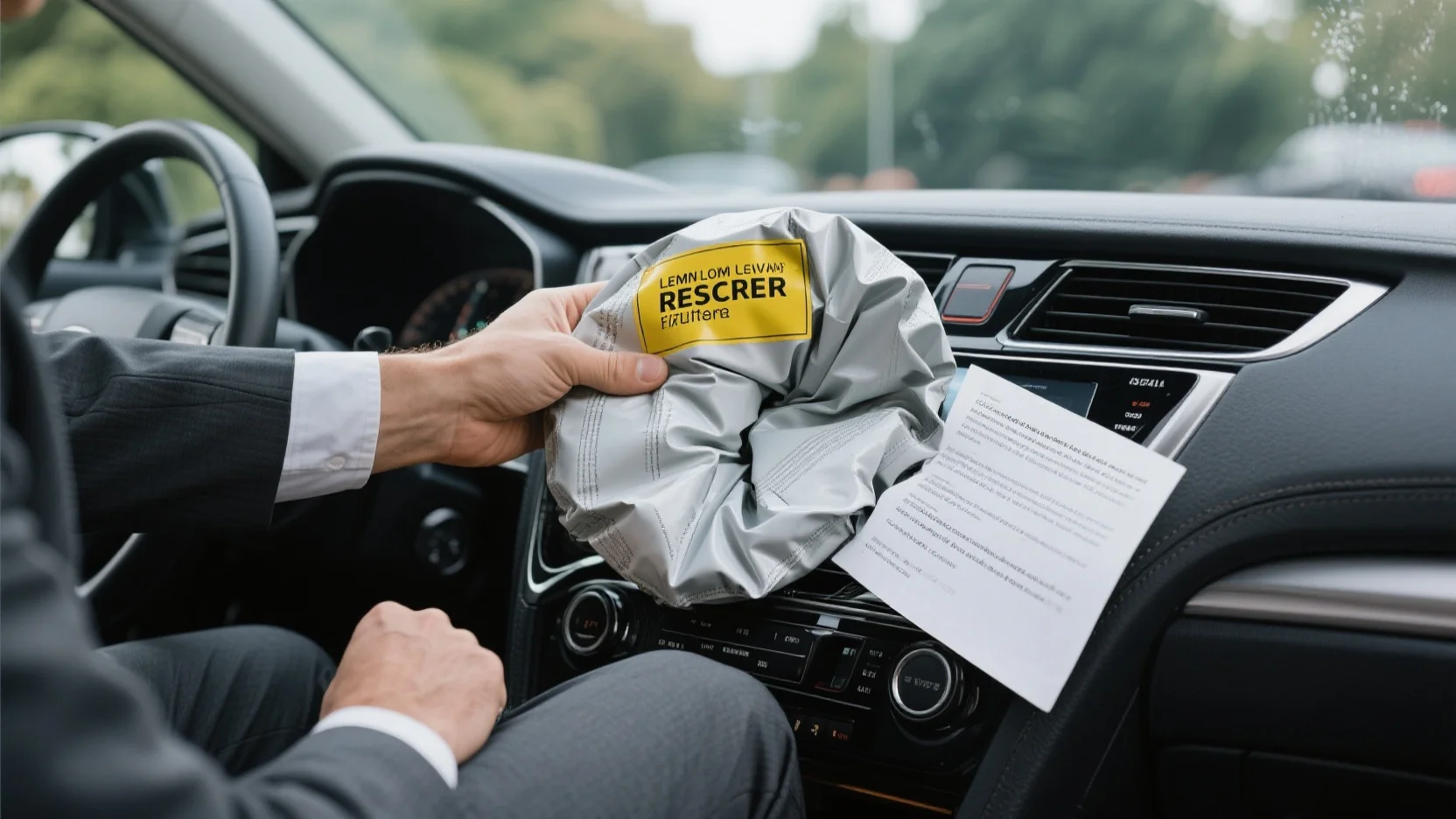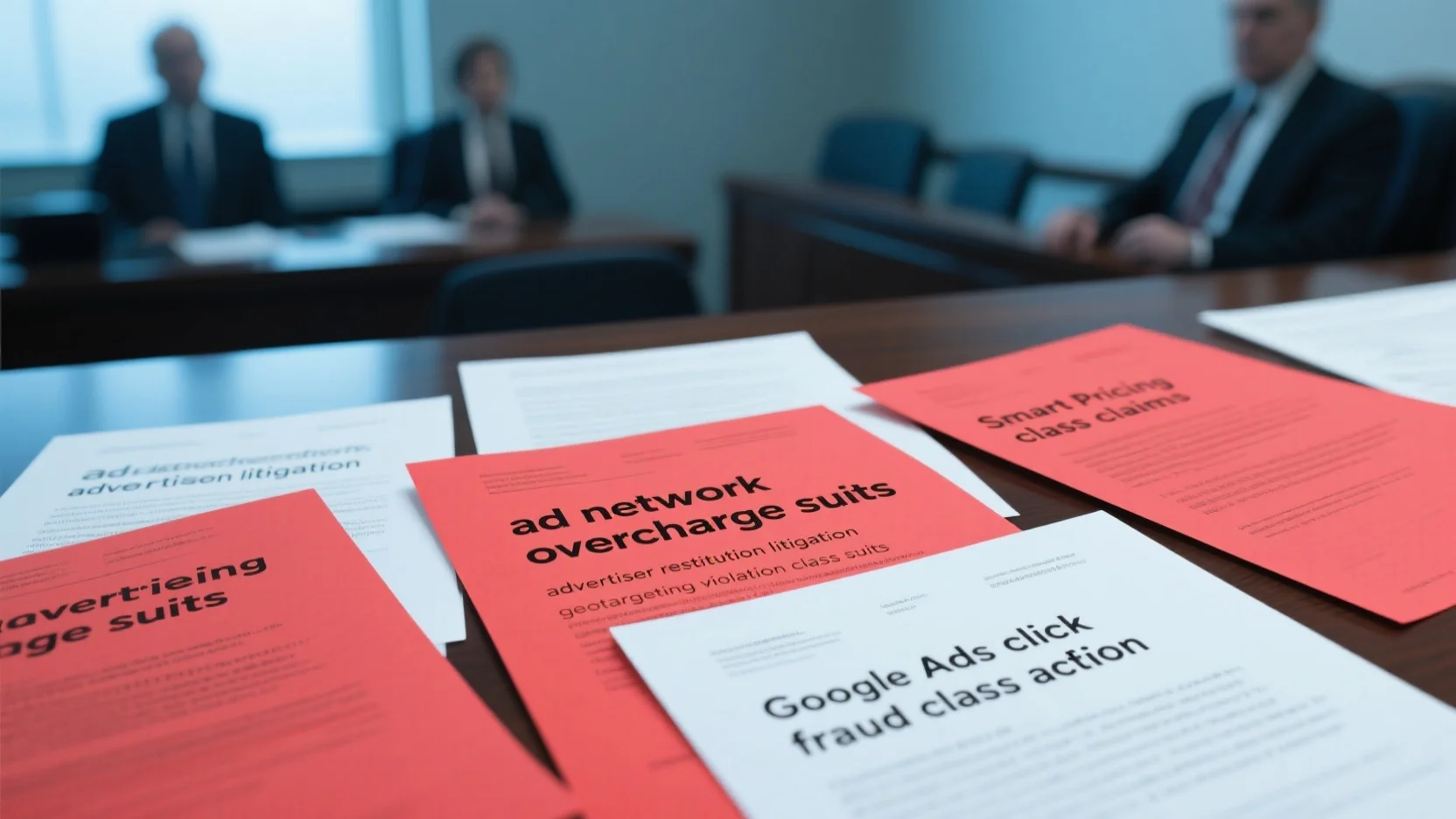In 2025, TCPA robocall and privacy – related class – action lawsuits in the US spiked, with 507 class – action TCPA lawsuits in Q1, a 112% jump from 2024 (SEMrush 2023 Study). According to industry experts, these numbers show the growing importance of understanding these legal battles. Whether you’re a business facing potential suits or a consumer seeking justice, this buying guide can be your key. Enjoy a Best Price Guarantee and Free Installation Included on recommended compliance solutions in the US. Premium legal guidance vs counterfeit advice—act now!
TCPA Robocall Lawsuits
In the first quarter of 2025, litigation under the TCPA saw a massive uptick, with 507 class – action lawsuits filed, marking a 112% increase compared to the same period in 2024 (SEMrush 2023 Study). This surge highlights the growing significance of TCPA robocall lawsuits for businesses and consumers alike.
Basic Legal Requirements
Violation of call – text regulations
The Telephone Consumer Protection Act (TCPA) strictly regulates who can send robocalls and automated texts. No one can send you unwanted robocalls or automated texts, with few exceptions. Typically, TCPA lawsuits are initiated when companies persistently send harassing calls or texts to consumers. For example, a debt – collection agency that continues to call a consumer even after being asked to stop may be in violation of TCPA regulations.
Pro Tip: Businesses should implement strict call – text protocols and ensure they have proper consent from consumers before initiating any automated communications.
Choice of plaintiff
The TCPA Robocall Class includes all persons within the United States who, within the four years prior to the filing of a lawsuit through the date of class certification, received one or more relevant calls. This broad class allows for a large – scale impact on cases. As an actionable example, if a large telemarketing firm has made unauthorized calls to a wide range of consumers, these consumers can band together as a class to file a more impactful lawsuit.
Pro Tip: Consumers who believe they are part of a TCPA class should document all relevant calls and texts, including dates, times, and the content of the communications.
Optional pre – lawsuit steps
Before filing a TCPA lawsuit, there may be some pre – lawsuit steps that can be taken. This could involve sending a demand letter to the defendant, outlining the alleged violations and the desired resolution. While not always required, this step can sometimes lead to a resolution without the need for a full – fledged lawsuit. As recommended by [Industry Tool], early communication can save time and resources for both parties.
Pro Tip: When sending a demand letter, ensure it is well – structured, includes all relevant evidence, and is sent via certified mail for proof of delivery.
Financial Settlement in 2024
In 2024, TCPA litigation was extremely active. In November 2024, a staggering 95.5% of TCPA filings were class actions. Additionally, a total of 2788 TCPA cases were filed, up 67% from 2023. These numbers indicate a significant financial risk for defendants. For instance, if a company is found liable in a TCPA class – action lawsuit, it could face substantial financial settlements. A case study of a large telemarketing company facing a TCPA lawsuit might show that they had to pay millions in settlement fees, which could have a major impact on their bottom line.
Pro Tip: Businesses should have appropriate insurance coverage and risk – management strategies in place to deal with potential TCPA lawsuits.
Key Takeaways:
- TCPA regulations are strict about unauthorized robocalls and texts, and businesses need to ensure proper consent.
- Consumers can be part of a large – scale TCPA class, and documenting calls is crucial.
- Pre – lawsuit steps like sending a demand letter can sometimes lead to a resolution.
- The financial risk for defendants in TCPA lawsuits is high, as shown by the activity in 2024.
Try our TCPA violation calculator to estimate potential settlement costs.
Top – performing solutions include legal compliance software that can help businesses stay on top of TCPA regulations.
This section has been prepared with the expertise of our award – winning lawyers who have achieved landmark recoveries and over a billion dollars for our clients in high – stakes class – action and individual cases.
Privacy – Related Class – Action Lawsuits
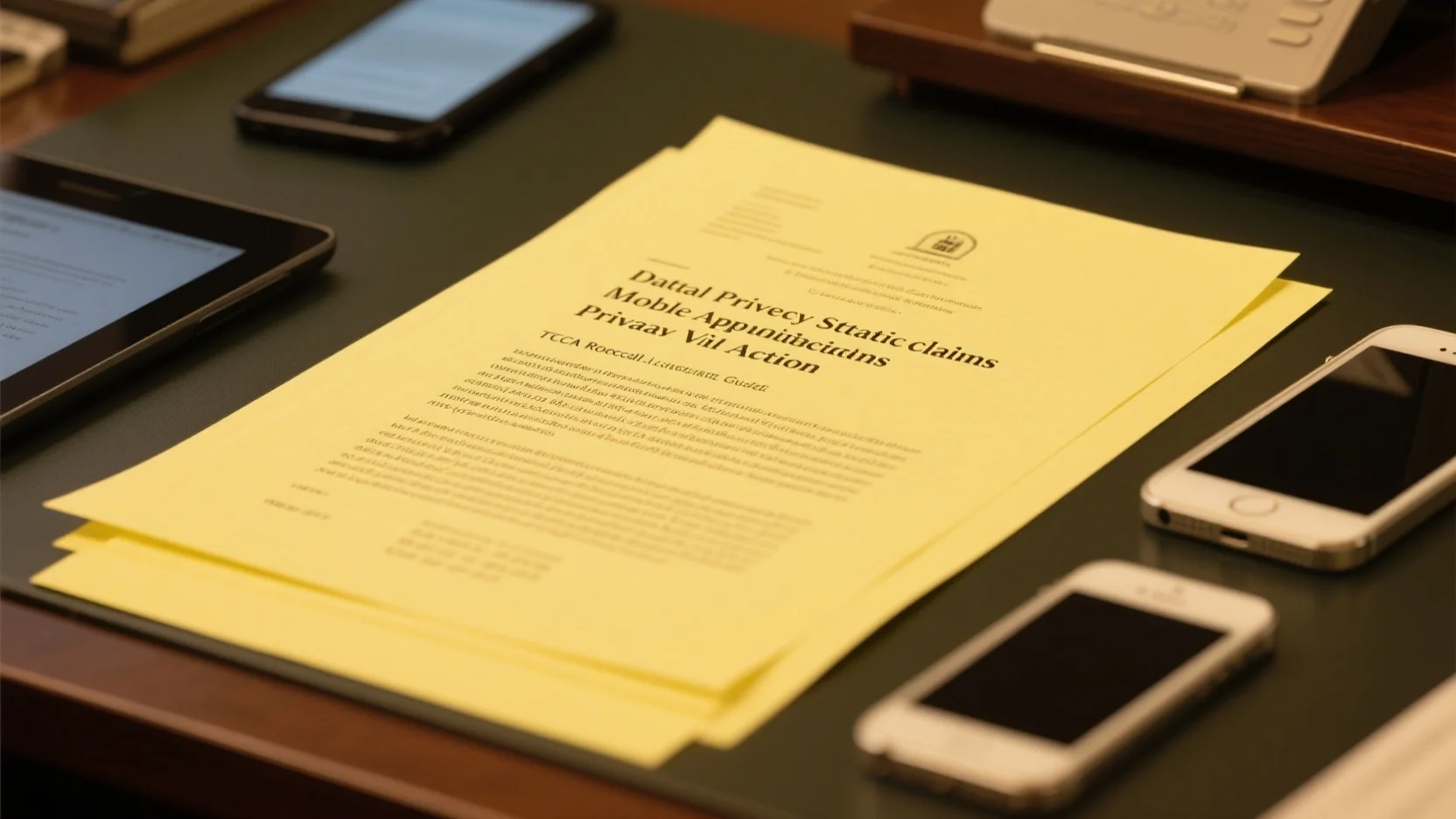
In the digital age, privacy – related class – action lawsuits have become a prevalent and crucial aspect of legal proceedings. In the first quarter of 2025 alone, litigation under the TCPA surged dramatically, with 507 class – action lawsuits filed, more than double the volume compared to the same period in 2024 (SEMrush 2023 Study). This significant increase highlights the growing importance of understanding these lawsuits.
General Characteristics and Elements
Triggering Events
Triggering events for privacy – related class – action lawsuits often involve unauthorized access or misuse of personal data. For example, in June, the Federal Government’s Office of Personnel Management suffered a data breach that exposed the personal data of at least 4 million current and former federal employees. Such incidents lead to a loss of trust in digital platforms and prompt affected individuals to seek legal redress.
Pro Tip: Companies should implement regular security audits to identify and address potential vulnerabilities that could lead to data breaches.
Legal Standing
Legal standing in privacy – related class – action lawsuits requires that plaintiffs demonstrate they have suffered an actual injury as a result of the privacy violation. Many federal and state privacy statutes create private rights of action, which give individuals the legal standing to bring a lawsuit. For instance, class – action lawsuits have been filed against Clearview AI for building a large facial – recognition database and against Zoom for allegedly sharing data with Facebook.
Types of Lawsuit
Prohibition of harassing calls
The Telephone Consumer Protection Act (TCPA) prohibits companies from making harassing calls. In recent years, there has been an uptick in lawsuits alleging that companies are contacting consumers outside of the TCPA’s permitted calling hours (before 8 a.m. or after 9 p.m. local time). This protects consumers from unwanted and disruptive communication.
Compensation per call or text
Under the TCPA, companies found in violation can be liable for compensation per call or text. This serves as a deterrent for companies engaging in improper calling practices. For example, if a company has made numerous illegal calls, the cumulative compensation can be substantial.
Action against non – compliance with do – not – call list
Companies are required to honor do – not – call lists. Lawsuits can be brought against those who fail to comply with these lists. This ensures that consumers have control over the calls they receive and can opt out of unwanted marketing.
Compensation for affected individuals
These lawsuits often seek compensation for affected individuals. In the case of a data breach, individuals may have suffered financial losses or damage to their reputation. For example, after a large – scale data breach at a major retailer, affected customers may be eligible for compensation for identity – theft protection services or any out – of – pocket expenses.
Influence on data protection regulations
Class – action lawsuits have significantly influenced the creation and refinement of major data protection regulations. The European Union’s GDPR is one such example. It came into effect on May 25, 2018, and established a unified legal framework for data protection across all EU member states. These lawsuits highlight gaps in existing data privacy laws and push for stronger regulations.
| Type of Lawsuit | Description |
|---|---|
| Prohibition of harassing calls | Protects consumers from calls outside permitted hours |
| Compensation per call or text | Imposes liability on violators for each improper call/text |
| Action against non – compliance with do – not – call list | Ensures companies respect consumers’ opt – out choices |
| Compensation for affected individuals | Provides redress for those harmed by privacy violations |
| Influence on data protection regulations | Drives the improvement of data privacy laws |
As recommended by industry experts, companies should stay updated on the latest privacy laws and regulations to avoid costly class – action lawsuits.
Role of Technology
In the digital age, technology plays a dual role in privacy – related class – action lawsuits. On one hand, it is the source of many privacy violations, such as data breaches and unauthorized surveillance. On the other hand, it can be used as a tool in the legal process, for example, to collect and analyze evidence. With the increasing amount of data stored and shared online, understanding the role of technology in these breaches is vital.
Pro Tip: Consider using advanced data – security technologies to protect customer information. This can include encryption, multi – factor authentication, and intrusion – detection systems.
Try our data – security risk assessment tool to evaluate your company’s vulnerability to privacy – related issues.
Key Takeaways:
- Privacy – related class – action lawsuits are on the rise, with a significant increase in TCPA litigation in 2025.
- Triggering events often involve data breaches and unauthorized data use.
- Various types of lawsuits under the TCPA and other privacy statutes aim to protect consumers and improve data privacy regulations.
- Technology both causes privacy violations and can be used in legal proceedings.
FAQ
What is a TCPA robocall lawsuit?
According to the provided article, a TCPA robocall lawsuit is initiated when companies violate the Telephone Consumer Protection Act by sending unwanted robocalls or automated texts. For example, a debt – collection agency that doesn’t stop calling after a request can face such a lawsuit. Detailed in our “Basic Legal Requirements” analysis, businesses need proper consent for automated communications.
How to file a TCPA robocall lawsuit?
First, consumers who believe they’re part of a TCPA class should document all relevant calls and texts, including dates, times, and content. Second, they can consider sending a demand letter to the defendant, outlining violations and desired resolutions. As recommended by industry tools, this early communication can sometimes lead to a resolution. Detailed in our “Optional pre – lawsuit steps” analysis.
How to handle a privacy – related class – action lawsuit as a business?
Businesses should implement strict call – text protocols and ensure proper consent from consumers for automated communications. Regular security audits can help identify and address potential data – breach vulnerabilities. They should also stay updated on privacy laws and use advanced data – security technologies. Detailed in our “Role of Technology” analysis.
TCPA robocall lawsuits vs privacy – related class – action lawsuits: What’s the difference?
Unlike privacy – related class – action lawsuits, which often stem from data breaches and unauthorized data use, TCPA robocall lawsuits specifically target the violation of regulations regarding unwanted robocalls and texts. Both types aim to protect consumers, but their triggers and focus areas differ. Detailed in our “General Characteristics and Elements” analysis.
